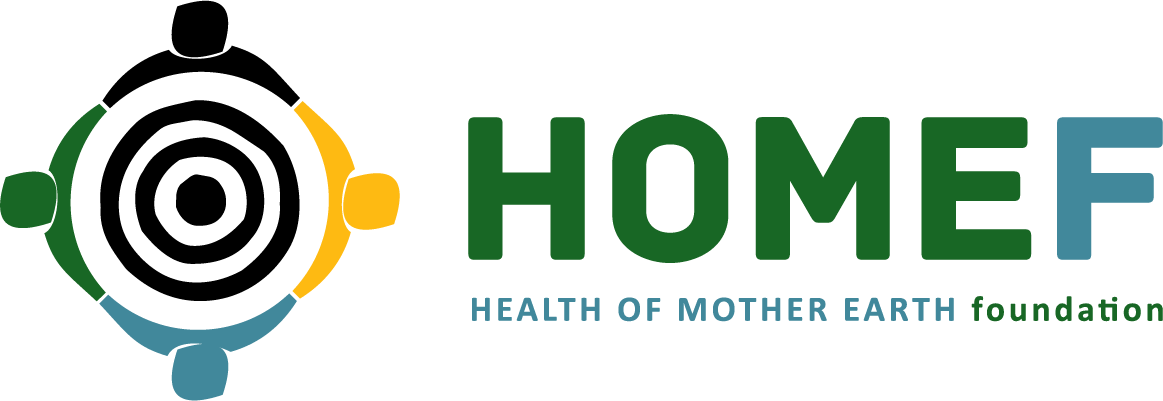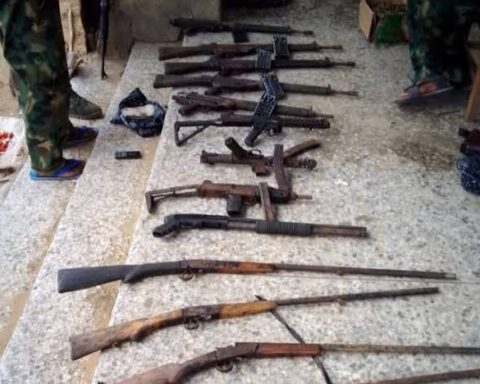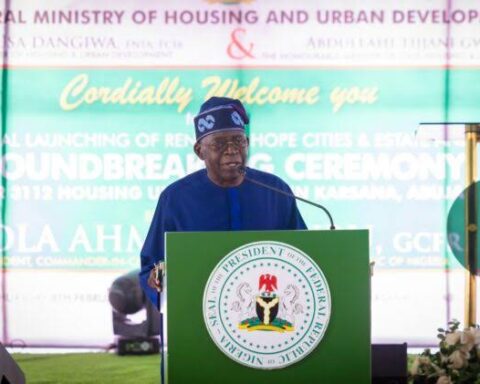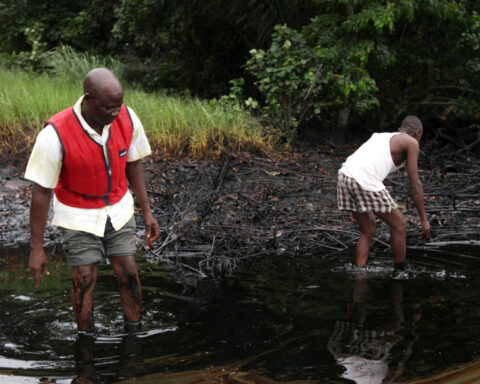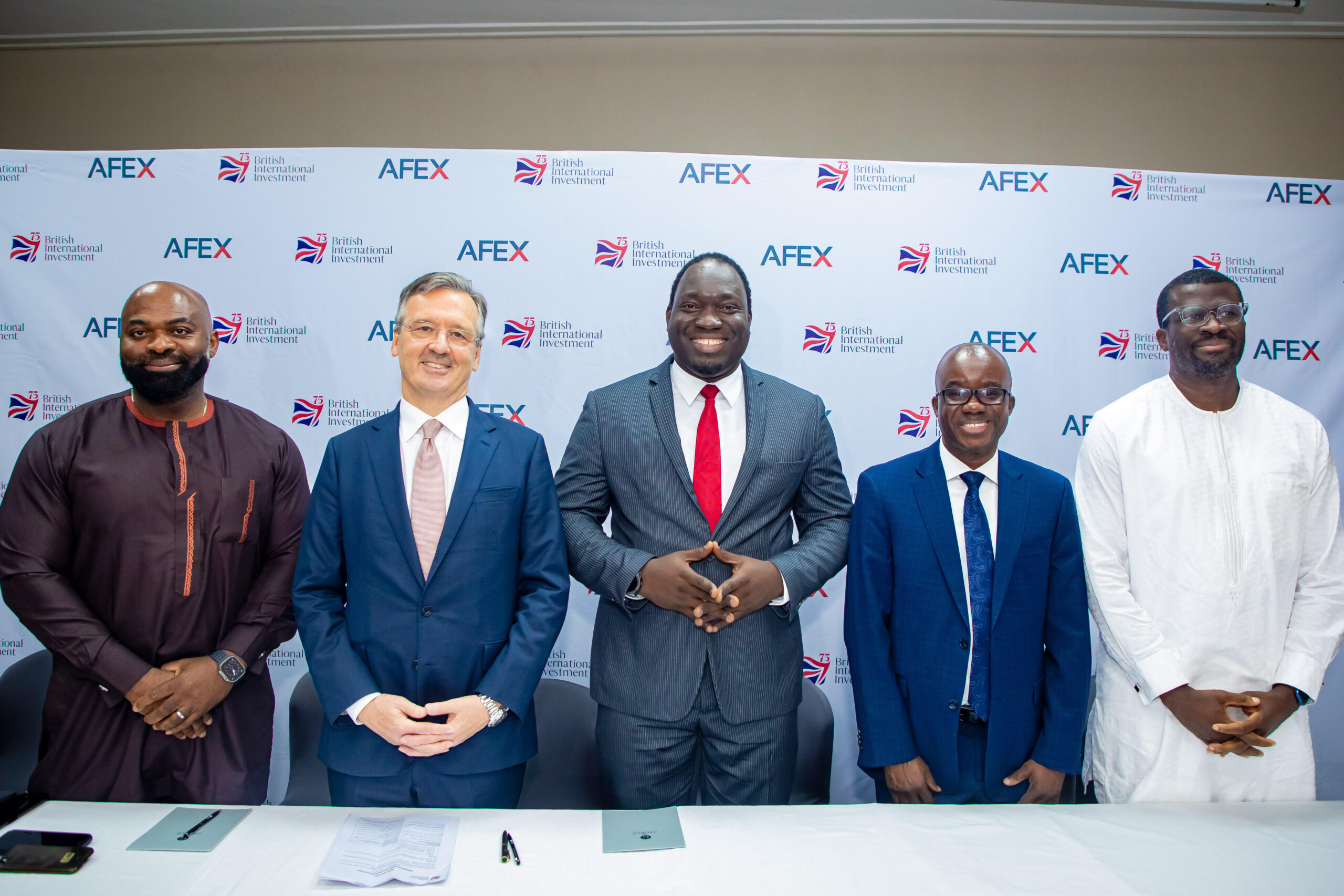An ecological think tank organisation advocating for environmental and climate justice and food sovereignty in Nigeria, The Health Of Mother Earth Foundation (HOMEF), has taken its sensitisation programme on environmental justice to Eteo Community in Eleme local government area of Rivers State.
Eteo is one of the communities in Ogoniland, Niger Delta, that has suffered devastation arising from several oil spills.
Speaking during the event, at Eteo Community, yesterday, Programme Manager of HOMEF, Stephen Oduwari said the training aimed to reflect on certain aspects of what community people should know for themselves so as to come together to push for a healthy, clean and deserving environment.
He said the training became imperative following the divide-and-rule tactics employed by most International Oil Companies (IOCs), to evade environmental crimes.
He highlighted the need for communities in the Niger Delta to channel their focus on forming a solidarity front against such a plot.
“You will recall that there have been a series of oil spills in Eteo community and it calls for serious action. This is because most of these oil-ravaged communities pay a heavy price for oil exploration and exploitation.
“They pay with their health, and livelihoods because they have been bombarded from the air with gas flaring, from the land pollution in their farms and pollution in their water. So they have lost a lot. And this has reduced the life expectancy of people living in this region. So the idea is to build community power for resilience and in solidarity to amplify their voices,” he said.
Also, the coordinator of OilWatch Nigeria, Kentebe Ebiaridor who noted the relevance of the training noted that in most communities in the Niger Delta, the ICOs employ the divide and rule tactics to cover up crimes. while expressing optimism that through such training the community members would stand together and kick against such a ploy.
“We Centre our discussion around solidarity – looking at how to strengthen community relationships among themselves and all ties of the community to see how the word solidarity can make meaning to them in their everyday lives. This, for us, is very important because it brings about unity in the community.”
One of the Participants, Gabriel Kaa-Olowi who spoke with Naturenews, said the capacity training will amplify their voices to demand justice, as it has unravelled the dangers of being docile whenever there is a spillage.
He said: “Sometimes NNPCL pipelines do get busted be due to mechanical malfunctioning or wearing out because we as community people know that their facilities are manned by tight security, so I would not say they are vandalised.
“And when oil spills in our land and water, they secretly come to the community and seal up the leaking point and go without our knowledge. They do not make efforts to pay compensation behaving as if nothing happened. So the training for us will help us to speak with one voice and help us hold these people responsible for their actions.”
By Dare Akogun


